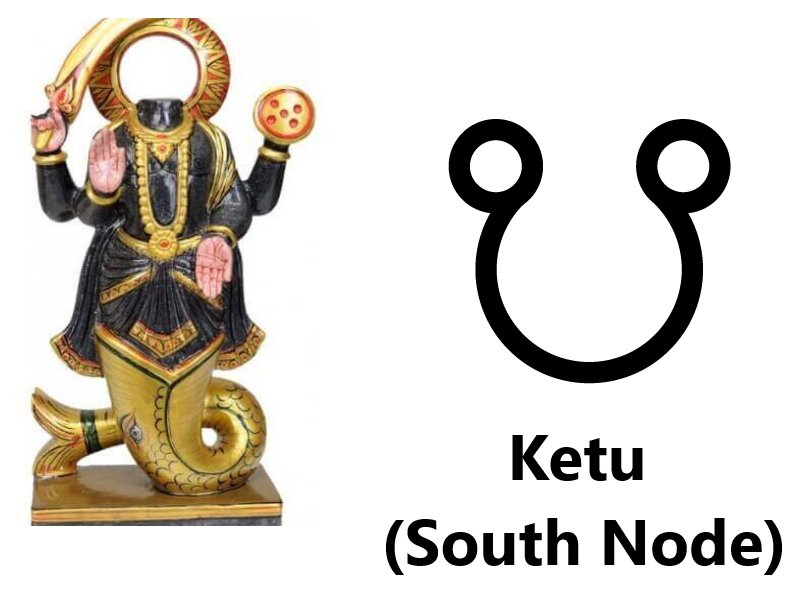This is a what I’d call a funny tale about how you never know how things are going to circle back:
(Long thread warning, but I think it's worth it)
1/?
For my own safety I eventually ran away from her to live with my dad. I left behind my dog (who was also 12), and my three cats (Rocky 8, Jewel 10, and Scamper 12 years old). 3/?
My dad, being an electrician, would come home from work after particularly hard days and jokingly say, "Just don't work in electrical Bernie." 4/?
5/?
On our first interaction, he very slowly approached my desk and started a conversation.
7/?
"Okay Bill" I reply.
"Tell me, if you went fishing, got drunk, woke up in the morning without any memories and your ass hurt, would you tell anyone?"
"No Bill, I don't think I-"
"GREAT! Want to go fishing?!" He blurted excitedly. 8/?
To paraphrase the person on the phone informed me he was my brother, and that our mother died.
For lack of a better way to put it, this was a (half) brother I didn't know I had. 11/?
I made arrangements not only for taking time off work to grieve and process this event, but also to use some summer vacation in a month's time when my new older siblings came down to spend time with them. 13/?
14/?
For instance, my first interaction with my brother was when picking him up at the airport. 15/?
At the exact same time my brother and I said:
"The top goes up" and "Hold it upright".
If I'm honest, I'm not even sure which of us said which.
16/?
Cat food? 18/?
19/?

At the back of one of these photo albums was an obituary for one "Elmer Vance".
23/?
In the "survived by" section, it listed Arthur as Elmer's son. This was my great grandfather, my mother's grandfather.
24/?
Huh. 25/?

The front door opens, and in walks Mr. Bill Adams. He hobbles along slowly, taking at least one full minute to walk to my desk where most do it in 10-15 seconds.
"Bill," I start.
26/?
Perplexed, he looks at me, "Yes..."
"Was her father's name Elmer?"
"Yes. What's going on?" He inquires.
Ignoring his question, I continue: "Did she have a brother named Arthur?"
27/?
More from For later read
They used this against us.
They convinced us that it was an act of solidarity to flatten the curve, to wear a mask for others, to take the vaccines for others,
If there was ever a time in our lifetime to be non-partisan and for citizens of all walks of life globally to unite behind the basic fundamentals of humanity, freedoms, liberties, human rights, sovereignty, autonomy, dignity, empathy and compassion: it is now. https://t.co/Fa3ieEq51x
— Kulvinder Kaur MD (@dockaurG) January 9, 2021
and to reach #covidzero for others. They convinced us that this was for the greater good of society.
In reality, this couldn't be further away from the truth. They have divided us and broken the core structure of our society. They have dehumanized us with their masks.
They set us against each other into clans on opposite sides of a spectrum. They have turned us into aggressive beings fighting for our survival. Some of us fear harm from the virus, others fear harm from the vaccine, and yet others fear harm from the attack on our civilization.
We are all on a flight or fight mode. We are all operating under the influence of fear. We must collect ourselves and reflect on what has happened over the last year.
How is this for the greater good of society?
They used a tactical warfare strategy against us.
'Divide and conquer'.
We fell for it.
Now we must become aware of it and fight back.
We must reunite. We must find true solidarity to save our world. To free ourselves. To regain our autonomy.
How did Silicon Valley die? It was killed by the internet. I will explain.
Yesterday, my friend IRL asked me "Where are good old days when techies were
Where are good old days when techies were libertarians.
— Cranky (@rushingdima) January 9, 2021
2. In the "good old days" Silicon Valley was about understanding technology. Silicon, to be precise. These were people who had to understand quantum mechanics, who had to build the near-miraculous devices that we now take for granted, and they had to work
3. Now, I love libertarians, and I share much of their political philosophy. But you have to be socially naive to believe that it has a chance in a real society. In those days, Silicon Valley was not a real society. It was populated by people who understood quantum mechanics
4. Then came the microcomputer revolution. It was created by people who understood how to build computers. One borderline case was Steve Jobs. People claimed that Jobs was surrounded by a "reality distortion field" - that's how good he was at understanding people, not things
5. Still, the heroes of Silicon Valley were the engineers. The people who knew how to build things. Steve Jobs, for all his understanding of people, also had quite a good understanding of technology. He had a libertarian vibe, and so did Silicon Valley
@KevinCoates correct me if I'm wrong, but basic point seems to be that banning targeted ads will lower platform profits, but will mostly be beneficial for consumers.
Some counterpoints 👇
That targeted ads allow for "free" products for consumers is a common talking point and we're going to see more of it in the coming months.: https://t.co/Xty3My3f0u (1/14)
— Kevin Coates (@KevinCoates) February 16, 2021
1) This assumes that consumers prefer contextual ads to targeted ones.
This does not seem self-evident to me
Great post by @Sherman1890 got me thinking about the future of targeted ads.
— Dirk Auer (@AuerDirk) February 12, 2021
More and more tools (privacy labels, ad blockers, GDPR) enable consumers to opt-out from targeted ads - can limit the data platforms receive or block ads altogether.
The end of targeted ads? \U0001f9f5\U0001f447 https://t.co/MA6A3BrUWq
Research also finds that firms choose between ad. targeting vs. obtrusiveness 👇
If true, the right question is not whether consumers prefer contextual ads to targeted ones. But whether they prefer *more* contextual ads vs *fewer* targeted
2) True, many inframarginal platforms might simply shift to contextual ads.
But some might already be almost indifferent between direct & indirect monetization.
Hard to imagine that *none* of them will respond to reduced ad revenue with actual fees.
3) Policy debate seems to be moving from:
"Consumers are insufficiently informed to decide how they share their data."
To
"No one in their right mind would agree to highly targeted ads (e.g., those that mix data from multiple sources)."
IMO the latter statement is incorrect.






















